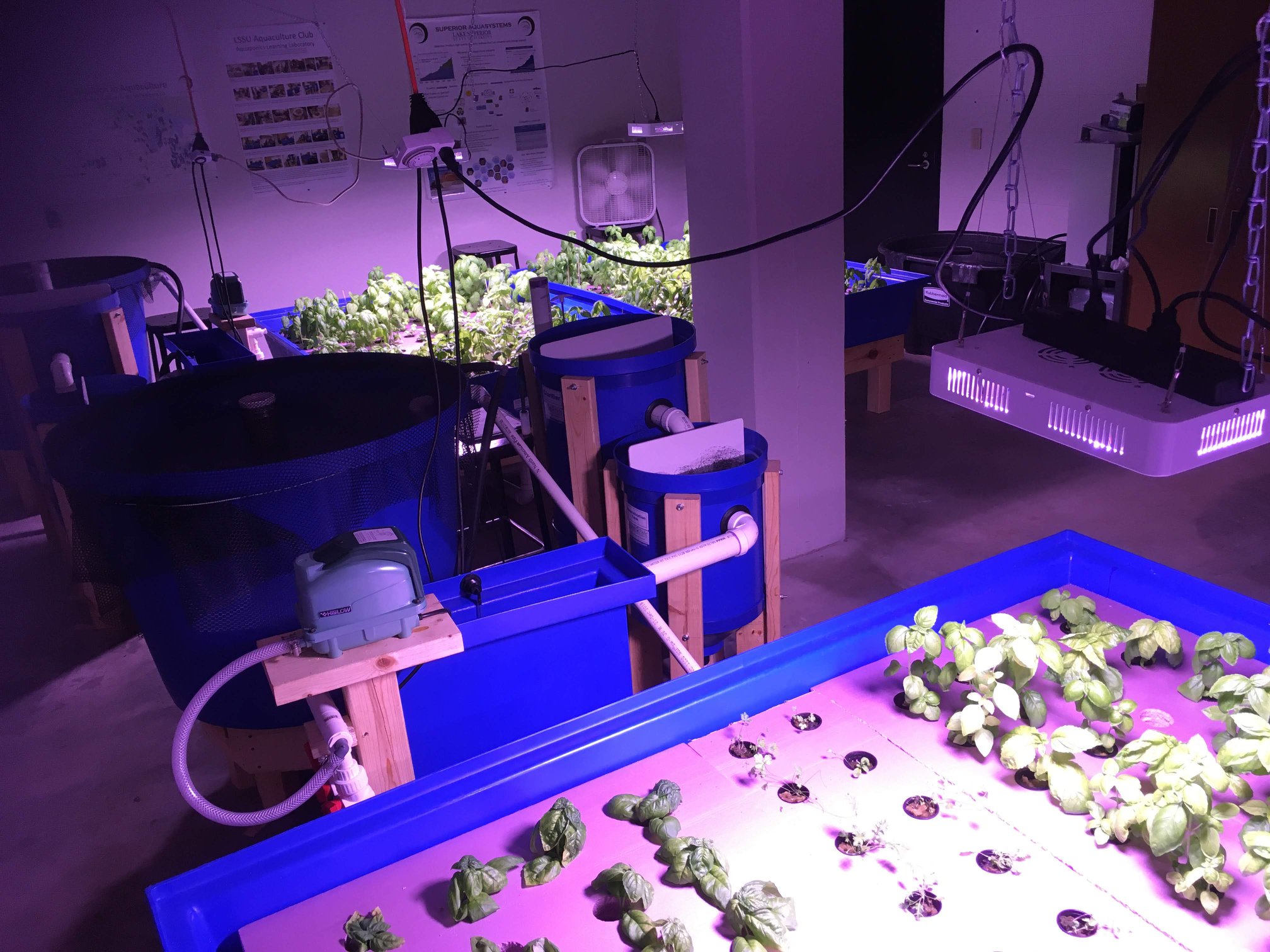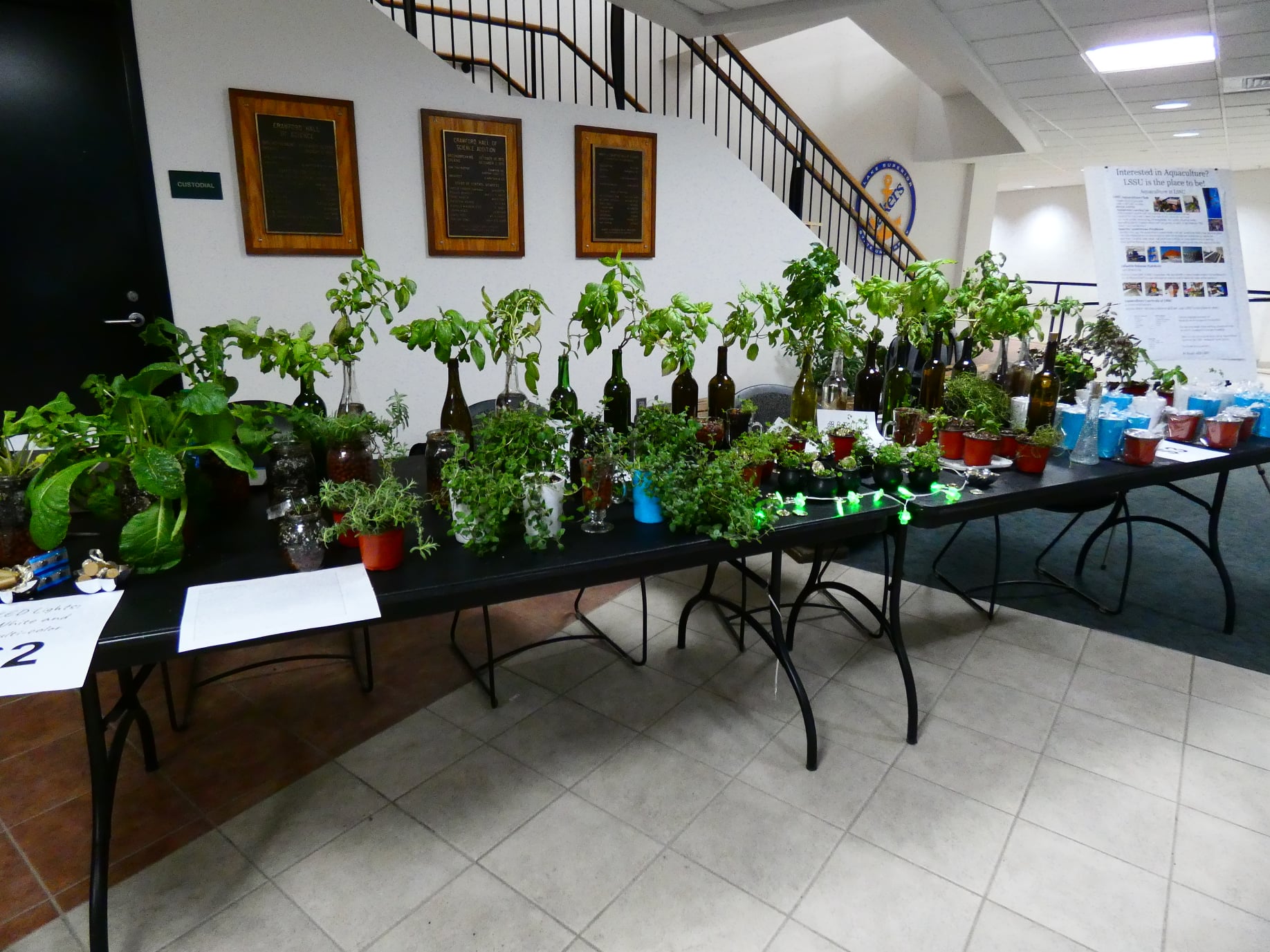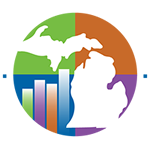AAS: Aquaponics Entrepreneurship
Aquaponics is a rapidly growing industry and is a viable choice for sustainable organic food production. Aquaponics has the potential to dramatically increase access to local food, even in northern climates, but a barrier to industry growth is the lack of an educated workforce. To address this need, the associate of applied science degree in Aquaponics Entrepreneurship covers content in aquaponics, engineering/automation and business; three areas of essential need for the aquaponics industry. The aquaponics component gives students an understanding of how to keep plants and aquatic organisms alive, including basic biology, water quality, nutrition, as well as the options for different system designs. The engineering component addresses system automation, as well as an independent study to understand aquaponics systems, pumps, power tools, etc. The business component includes accounting and marketing skills, as well as an independent study/internship in entrepreneurship, skills that are essential to a successful aquaponics business. Those wishing to complete a baccalaureate degree can complete additional coursework after this two year degree program. Students in this program have access to hands on learning in the aquaponics hoophouse, which incorporates solar energy alternatives, as well as two full aquaponics systems in the basement of the science building.
Why Study Aquaponics at LSSU?
At Lake Superior State University class sizes are small and labs are taught by faculty rather than graduate students, Our faculty are not only experts in their field of interest but are also dedicated teachers. Hands-on experience includes working with sophisticated laboratory equipment and the opportunity to work at many diverse terrestrial and aquatic field sites. Graduates of this AAS degree have completed internships and/or independent study opportunities in business, engineering and aquaponics, that prepares them to enter this rapidly expanding industry.
Degrees
Hands-on Learning
Students at LSSU benefit from a low student to faculty ratio. Most upper level classes have 30 students or less and laboratory sections are often limited to less than 15 students. This affords the faculty time to interact individually with closely with students to ensure that they have the opportunity to apply the laboratory and field skills required of professional scientists.
Career choices
-
Aquaponics entrepreneur
-
Aquaponics consultant
-
Aquaponics technician
-
Aquaculture technician



